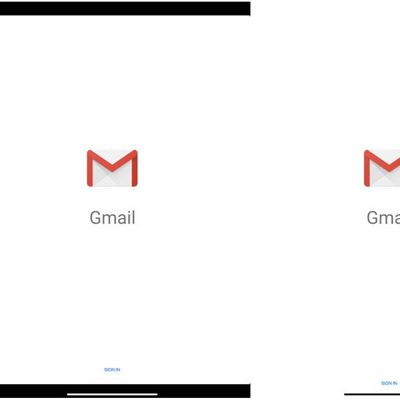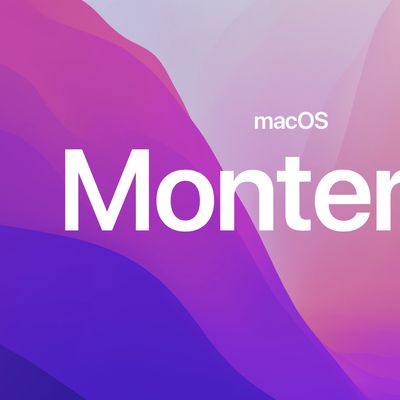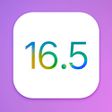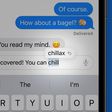iOS 14, iPadOS 14, and macOS Big Sur include some notable privacy updates that offer useful privacy protections for those that invest in and use Apple's range of iPhones, iPads, and Macs.
![]()
In an interview with Fast Company, Apple software chief Craig Federighi highlighted all of the new privacy features that users can look forward to when the new software updates come out this fall, plus he provided some insight into Apple's privacy philosophy.
According to Federighi, privacy is an important part of every software update because Apple wants to show customers that they can "demand more" and "expect more" from the industry when it comes to privacy protections. "We can help move the industry into building things that better protect privacy," said Federighi.
"I think that there are many instances where we started providing privacy protections of some sort, and then we then saw others in the industry-some of whom have different business models than we do-adopt those practices because users came to expect them," he says. "That's happening all over the place. I mean, look at whether it's apps protecting customer messaging with end-to-end encryption. Or some of the kinds of location protections we're talking about. Or some of our protections, like requiring apps to ask before they access your photo libraries, and so forth. You see those protections being added to other operating systems, inspired by our work and based on the fact that users demand them."
Privacy at Apple is guided by four core principles: data minimization, on-device intelligence, security, and transparency and control. All four of those principles were in play when Apple designed iOS 14, iPadOS 14, and macOS Big Sur, and all of the updates include significant privacy features, as outlined below.
- Approximate Location - You can now choose to provide apps with your approximate location rather than your specific location, which is a great feature for protecting location privacy. Apps that provide info like weather, news, and restaurant recommendations don't need exact location data, making approximate location data an appropriate choice.
- App Tracking Permission - Apps in iOS and iPadOS 14 won't be able to cross track you across the web without consent. Users will be able to see what apps they've granted permission to cross-track them and revoke that permission at any time. This feature also applies to Apple's own apps.
- App Store Privacy Details - App Store listings for apps will include an easy-to-read list of privacy details so you know what data is collected before you download an app. Internally, Apple is referring to this as a "nutrition label for apps," and it will include details on the user data an app wants across 31 categories. This won't be available when iOS 14 ships, but it is coming before the end of the year.
- Clipboard Restrictions - Apps no longer have full access to the clipboard. Previously, most apps could access the last data you copied, but that's no longer the case. Apps will require user permission to access the clipboard for the first time, so you can prevent apps that don't need that information from accessing it.
- Compromised passwords - Apple's new software updates will notify you if a password stored in iCloud Keychain has been compromised in a data breach.
- Microphone and Camera Notifications - When an app is accessing either the camera or the microphone on an iPhone or iPad, there will be indicator lights next to the cellular signal that will let you know. There's a green indicator light for the camera and an orange indicator light for the microphone.
Federighi told Fast Company that many of the new privacy features added to iOS each year are based on customer feedback and emails.
"I get emails from customers saying to me, 'I am sure this popular app I downloaded is secretly listening to me. I was just talking about this thing, and this ad came up that was just about what I was talking about. I'm sure it was listening to me,'" he says.
"Now, in many cases, this, in fact, was not happening," says Federighi of concerns over iPhone users being unwittingly recorded. "We know it was not happening. But they believe it is. And so, providing that peace of mind through a recording indicator that will always let you know whether an app, at that moment, is accessing your camera or accessing your microphone is important."
He wrapped up the conversation by saying that he believes Apple's work on privacy protections will be one of the legacies that it's remembered for centuries from now.
Federighi's full interview on privacy can be read over on the Fast Company website, and it's well worth reading because it provides a look at Apple's efforts to improve privacy protections for users over time as well as Apple's thoughts on how developers perceive its privacy features.


















Top Rated Comments
Are they perfect? Of course not, but each OS release seems to be enhancing privacy instead of sharing our information more. As long as they keep to that philosophy, and stand up to the government when it tries to impinge on our privacy, they will have people who value them.